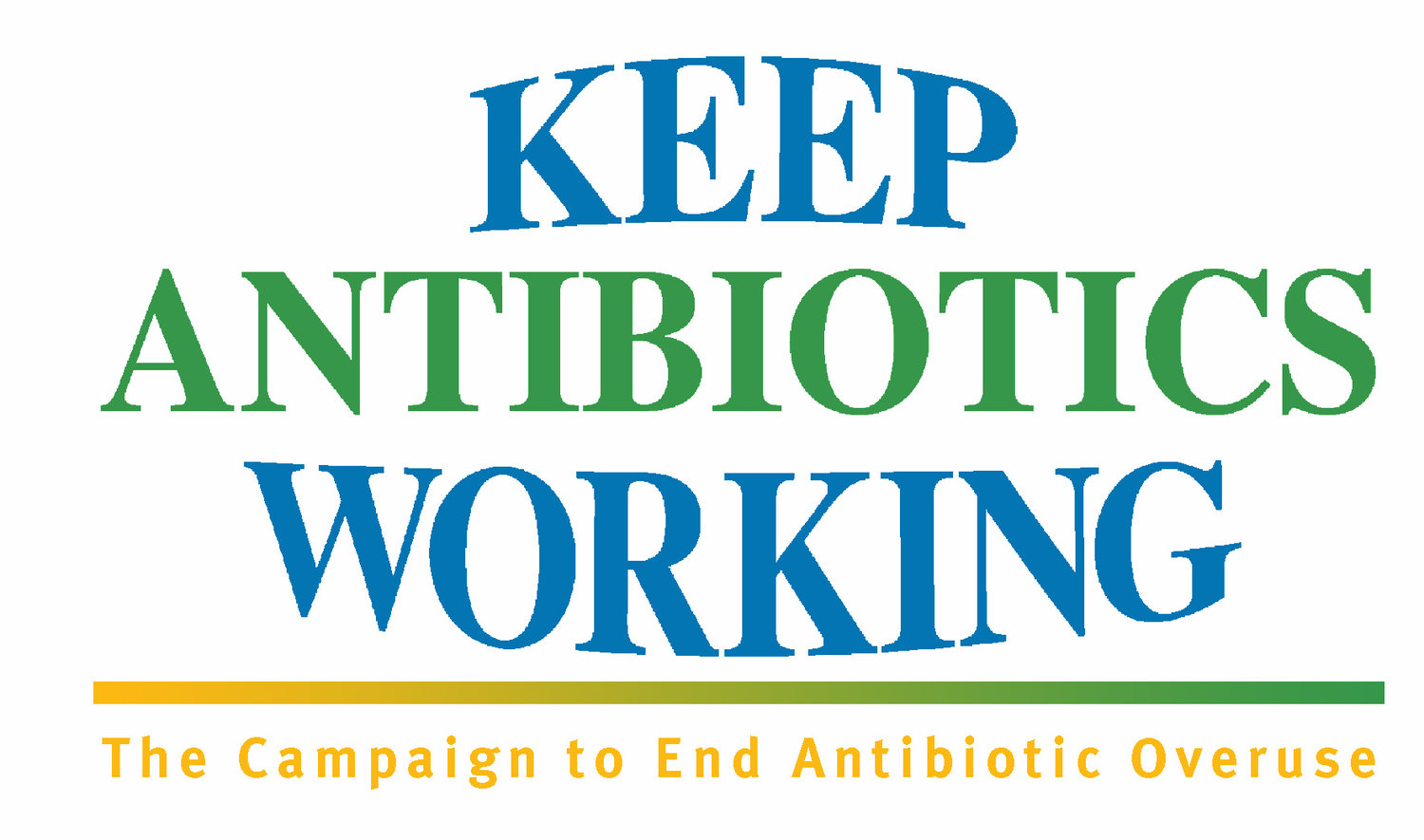Federal Agencies Need to Step up and Address the Root Causes of Antibiotic Resistance
MADELEINE KLEVEN , FOOD SAFETY PROGRAM ASSOCIATE, FOOD ANIMAL CONCERNS TRUST
As the threat of antibiotic resistance (ABR) grows every day and millions of Americans suffer from infections caused by superbugs, the public is left questioning - what are federal agencies doing to protect our health? It is essential that federal agencies take action to support research on ABR. Currently, the USDA’s National Institute of Food and Agriculture (NIFA), which funds a plethora of research across all agriculture-related scientific fields, including ABR, is missing the mark.
The key drivers of antibiotic resistance are the overuse and misuse of antibiotics on farms and feedlots. Ample evidence suggests that much of the antibiotic use on farms is directly linked to management practices which undermine animal welfare and promote the routine use of antibiotics. Such inappropriate practices include: weaning pigs and calves too early, high animal density, mixing animals from multiple sources, feeding inappropriate diets, routine physical alterations, and providing inadequate environmental conditions in which to raise the animals. Fortunately, it has been demonstrated that reducing these poor management factors promotes production of healthy animals, which in turn reduces the amount of antibiotics being given to animals. This lowering of required dosages is a critical step in slowing the development and spread of antibiotic resistance. However, the majority of antimicrobial resistance research at NIFA focuses on controlling ABR once it has been established, rather than researching additional ways to prevent ABR from developing in the first place.
Last Friday, fourteen member and colleague organizations of the Keep Antibiotics Working coalition wrote to NIFA asking that they fund research examining connections between healthy rearing practices and antibiotic use, with the goal of improving animal health and reducing the need for antibiotics. Additionally, we asked NIFA to prioritize research applications which identify practices that reduce the need for antibiotics, over projects that attempt to stop the spread of resistance after antibiotic administration.
Many of the projects currently being funded by NIFA are valuable in understanding the movement and persistence of antibiotic resistance elements and the risks of ABR to human health. However, despite the importance of such research, it does not adequately address the root cause of antibiotic resistance on farms. One of the most effective ways to prevent disease and associated antibiotic use is to alter existing management factors that contribute to disease, rather than devising novel technologies to control diseases and resistant organisms after they arise. With antibiotic sales for swine and cattle continuing to rise, it is unlikely the global spread of superbugs will slow without serious actions being taken on farms and feedlots. The improvement of animal welfare on farms and in industrial farming operations requires a well researched multi-faceted approach which reduces the requirement for antibiotics as therapeutic interventions. NIFA and other government agencies need to step up and provide funding that will do just that.
Please read our letter and learn more about this important issue.
